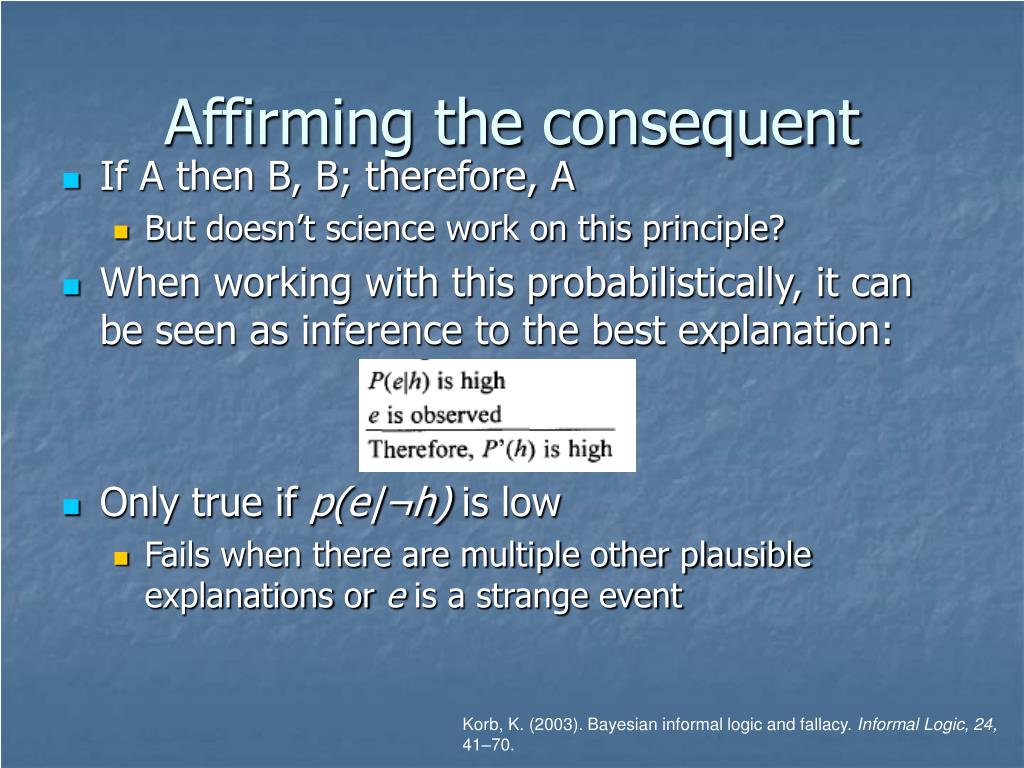Liberal-egalitarians will find an ally in Socrates. For one thing, he is inclusive: the gadfly piques everyone. Sure, Socrates is in your face. But he doesn’t force you to change. Nor does he pour wisdom into your head. As an intellectual “midwife” he wants to help you give birth to your own ideas, making sure that they are founded in reason. This might still be too much for the complacent or the self-righteous. But it certainly fits nicely with John Stuart Mill’s brand of liberalism, for example, that champions critical thinking and vigorous debate.
Who would not rally behind public philosophy if it could steer us to an examined life steeped in virtue and wisdom?

 libertiesjournal.com
libertiesjournal.com
Who would not rally behind public philosophy if it could steer us to an examined life steeped in virtue and wisdom?

Is a Public Philosophy Still Possible?
Are we living in a “golden age” of public philosophy, as some claim? There sure is a lot of it, as magazines, blogs, podcasts, and Substack newsletters proliferate. Even the New York Times ran a philosophy column for over a decade in which philosophers shared their thoughts on issues “timely and...

